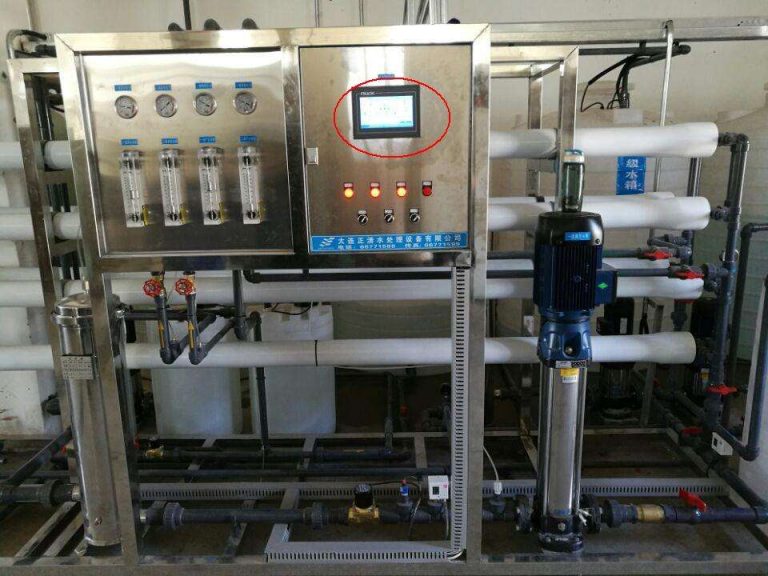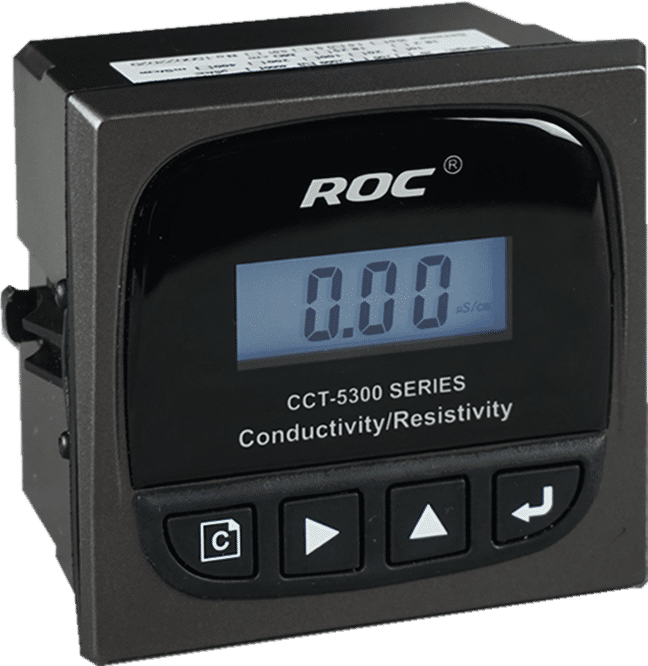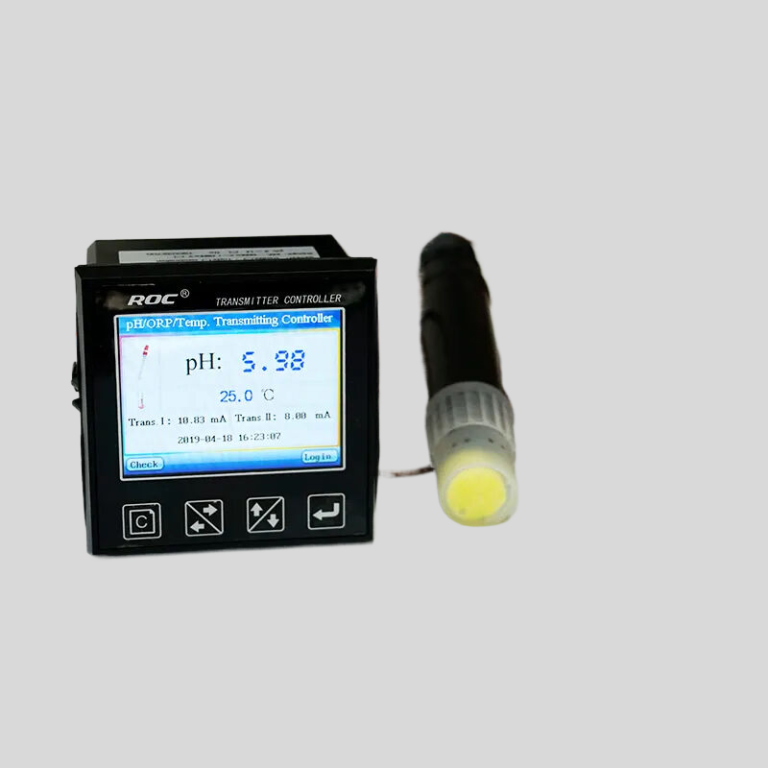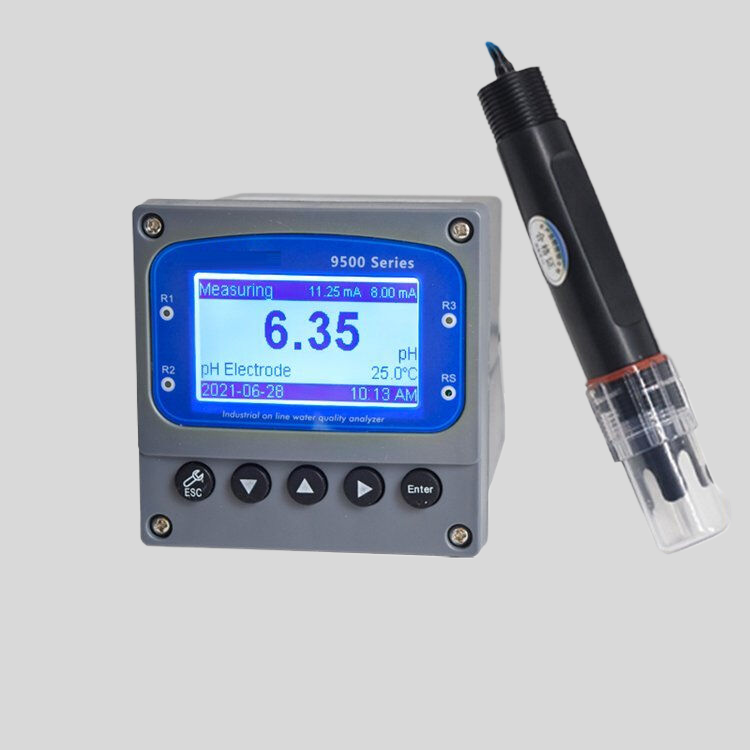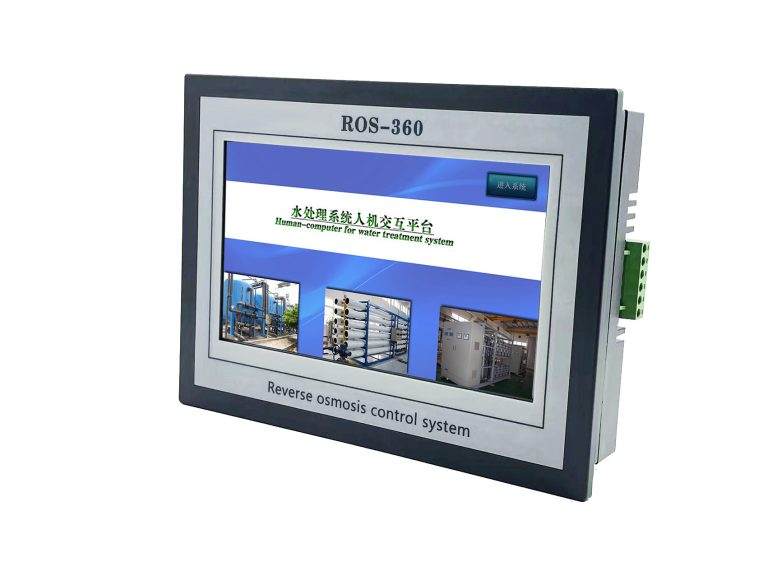Table of Contents
Importance of Regular Calibration of pH Meters in Pharmaceutical Manufacturing
In the pharmaceutical industry, maintaining the quality and consistency of products is of utmost importance. One critical aspect of ensuring product quality is monitoring and controlling the pH levels of various solutions used in the manufacturing process. pH meters play a crucial role in this process, as they provide accurate measurements of the acidity or alkalinity of a solution. However, in order for pH meters to provide reliable and accurate readings, regular calibration is essential.
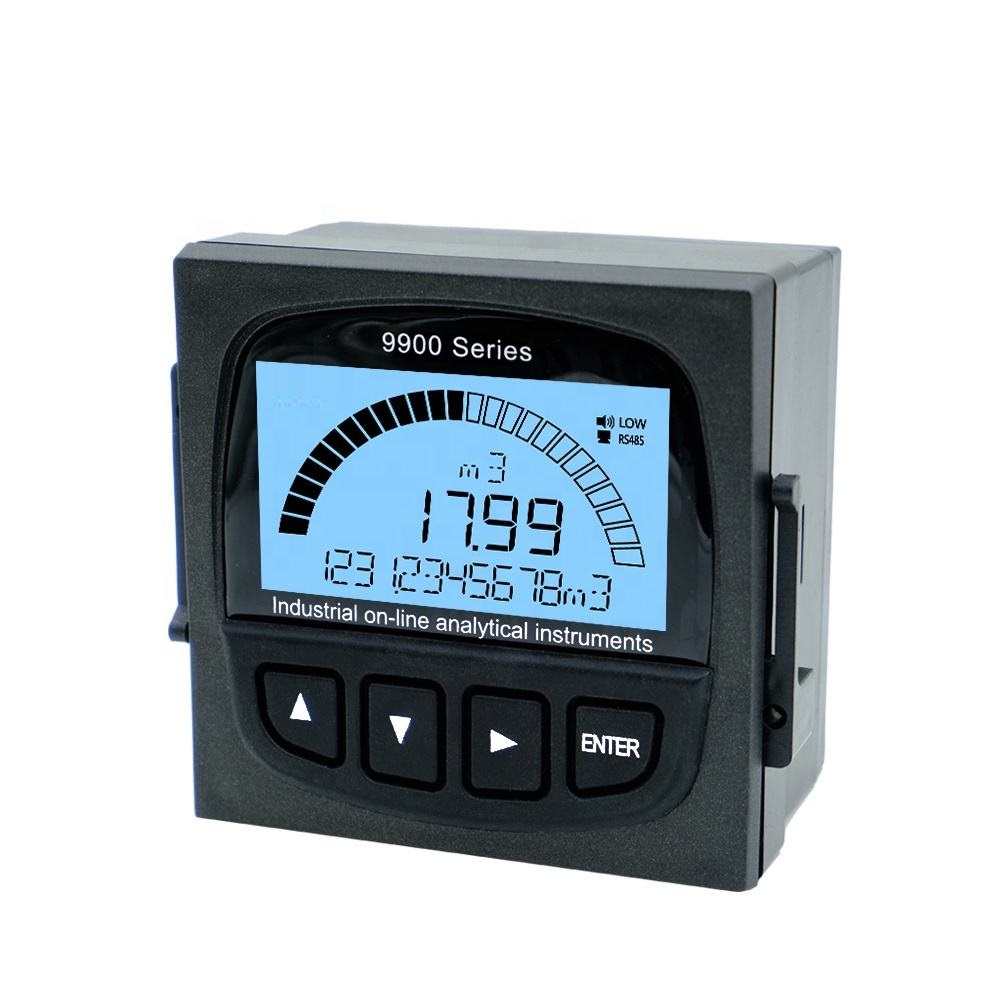
Calibration is the process of adjusting a ph meter to ensure that it is providing accurate and precise measurements. Over time, pH meters can drift out of calibration due to factors such as temperature changes, exposure to harsh chemicals, or simply normal wear and tear. If a ph meter is not properly calibrated, it can lead to inaccurate readings, which can have serious consequences in pharmaceutical manufacturing.
In addition to ensuring product quality, regular calibration of pH meters is also important for regulatory compliance. Regulatory agencies such as the FDA require pharmaceutical manufacturers to adhere to strict guidelines for quality control, including the calibration of equipment such as pH meters. Failure to calibrate pH meters regularly can result in regulatory violations, which can lead to fines, product recalls, or even the suspension of manufacturing operations.
Another reason why regular calibration of pH meters is essential in the pharmaceutical industry is to prevent contamination and ensure the safety of pharmaceutical products. Inaccurate pH measurements can result in the improper mixing of ingredients, which can lead to the formation of impurities or by-products that can be harmful to consumers. By calibrating pH meters regularly, pharmaceutical manufacturers can ensure that the pH levels of their products are within the specified range, minimizing the risk of contamination and ensuring product safety.
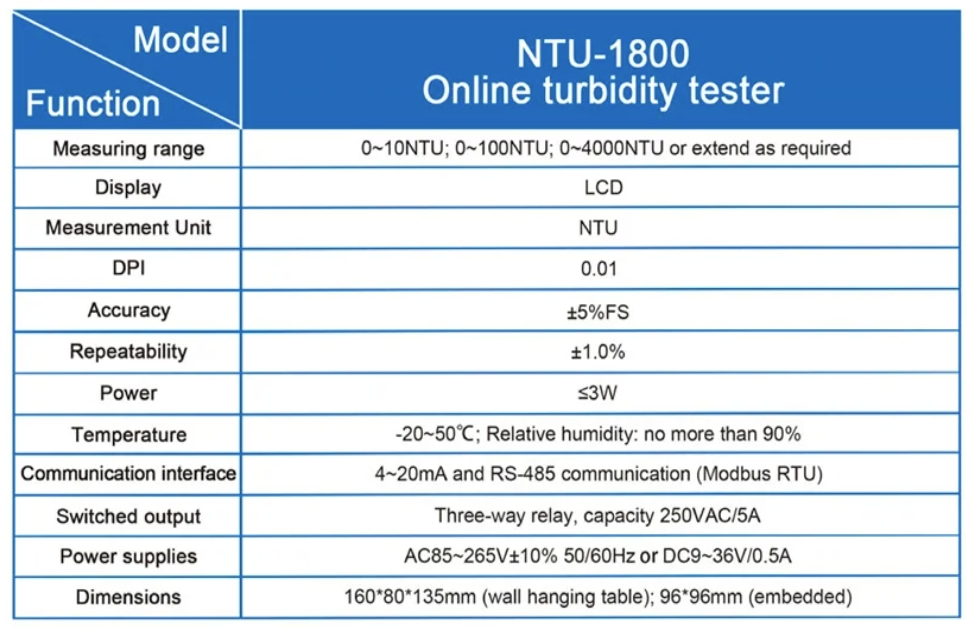
In conclusion, regular calibration of pH meters is crucial for maintaining product quality, ensuring regulatory compliance, and protecting consumer safety in the pharmaceutical industry. By calibrating pH meters on a regular basis, pharmaceutical manufacturers can ensure that their products are of the highest quality and meet the strict standards set forth by regulatory agencies. Ultimately, investing in the proper calibration of pH meters is an essential step in the manufacturing process that can have a significant impact on the overall success and reputation of a pharmaceutical company.
How ph meter Technology is Advancing Quality Control in Pharmaceutical Industry
In the pharmaceutical industry, maintaining strict quality control is essential to ensure the safety and efficacy of medications. One crucial aspect of quality control is monitoring the pH levels of pharmaceutical products. pH meters play a vital role in this process, providing accurate and reliable measurements that help pharmaceutical companies meet regulatory requirements and produce high-quality products.
pH meters are devices used to measure the acidity or alkalinity of a solution. In the pharmaceutical industry, pH meters are used to monitor the pH levels of raw materials, intermediates, and finished products. By measuring and controlling pH levels, pharmaceutical companies can ensure the stability and effectiveness of their products.
One of the key benefits of using pH meters in the pharmaceutical industry is the ability to detect and prevent potential issues before they impact product quality. For example, changes in pH levels can indicate the presence of impurities or degradation of active ingredients. By monitoring pH levels throughout the manufacturing process, pharmaceutical companies can identify and address these issues early on, preventing costly recalls and ensuring the safety of their products.
Another advantage of using pH meters in the pharmaceutical industry is the ability to optimize production processes. By accurately measuring pH levels, pharmaceutical companies can fine-tune their formulations to achieve the desired pH range for maximum stability and effectiveness. This can help reduce production costs and improve overall product quality.
In recent years, advancements in ph meter technology have further enhanced the capabilities of these devices in the pharmaceutical industry. Modern pH meters are equipped with features such as automatic temperature compensation, data logging, and wireless connectivity, making them easier to use and more versatile than ever before.
Automatic temperature compensation is particularly important in the pharmaceutical industry, where temperature fluctuations can affect pH measurements. By automatically adjusting for changes in temperature, pH meters can provide more accurate and reliable results, ensuring consistent product quality.
Data logging capabilities allow pharmaceutical companies to track and record pH measurements over time, providing valuable data for quality control and regulatory compliance. This data can be used to identify trends, monitor process stability, and troubleshoot any issues that may arise.
| Model | CCT-3300 Series Conductivity Online Controller |
| Constant | 0.01cm-1, 0.1 cm-1, 1.0cm-1, 10.0 cm-1 |
| Conductivity | (0.5~20)mS/cm,(0.5~2,000)uS/cm, (0.5~200)uS/cm, (0.05~18.25)MQ·cm |
| TDS | (250~10,000)ppm, (0.5~1,000)ppm, (0.25~100)ppm |
| Medium Temp. | (0~50)℃ |
| Resolution | Conductivity: 0.01uS/cm, TDS:0.01ppm, Temp.: 0.1℃ |
| Accuracy | Conductivity: 1.5%(FS), Resistivity:2.0%(FS), TDS: 1.5%(FS), Temp.: +/-0.5℃ |
| Temp. compensation | (0-50)°C (with 25℃ as Standard) |
| Cable length | ≤5m(MAX) |
| mA output | Isolated (4~20)mA, Instrument / Transmitter for selection |
| Control Output | relay contact: ON/OFF, Load capacity: AC 230V/5A(Max) |
| Working Environment | Temp.(0~50)℃;Relative Humidity ≤85%RH (none condensation) |
| Storage Environment | Temp.(-20~60)℃;Relative Humidity ≤85%RH (none condensation) |
| Power Supply | CCT-3300:DC 24V; CCT-3310: AC 110V; CCT-3320: AC 220V |
| Dimension | 48mmx96mmx80mm(HxWxD) |
| Hole Size | 44mmx92mm(HxW) |
| Installation | Panel mounted, fast installation |
Wireless connectivity enables pH meters to communicate with other devices and systems, streamlining data collection and analysis. This connectivity allows pharmaceutical companies to integrate pH measurements into their overall quality control processes, making it easier to monitor and manage product quality throughout the manufacturing process.
Overall, ph meter technology is playing an increasingly important role in advancing quality control in the pharmaceutical industry. By providing accurate and reliable pH measurements, pH meters help pharmaceutical companies ensure the safety, stability, and effectiveness of their products. With ongoing advancements in technology, pH meters are becoming even more valuable tools for maintaining high standards of quality in the pharmaceutical industry.
| Model | EC-8851/EC-9900 High Precision Conductivity/resistivity controller |
| Range | 0-200/2000/4000/10000uS/cm |
| 0-20/200mS/cm 0-18.25MΩ | |
| Accuracy | Conductivity:1.5%; Resistivity:2.0%(FS) |
| Temp. Comp. | Automatic temperature compensation based on 25℃ |
| Oper. Temp. | Normal 0~50℃; High temp 0~120℃ |
| Sensor | 0.01/0.02/0.1/1.0/10.0cm-1 |
| Display | LCD Screen |
| Current Output | 4-20mA output/2-10V/1-5V |
| Output | High/Low limit dual relay control |
| Power | DC24V/0.5A or |
| AC85-265V±10% 50/60Hz | |
| Working Environment | Ambient temperature:0~50℃ |
| Relative humidity≤85% | |
| Dimensions | 96×96×72mm(H×W×L) |
| Hole Size | 92×92mm(H×W) |
| Installation Mode | Embedded |

